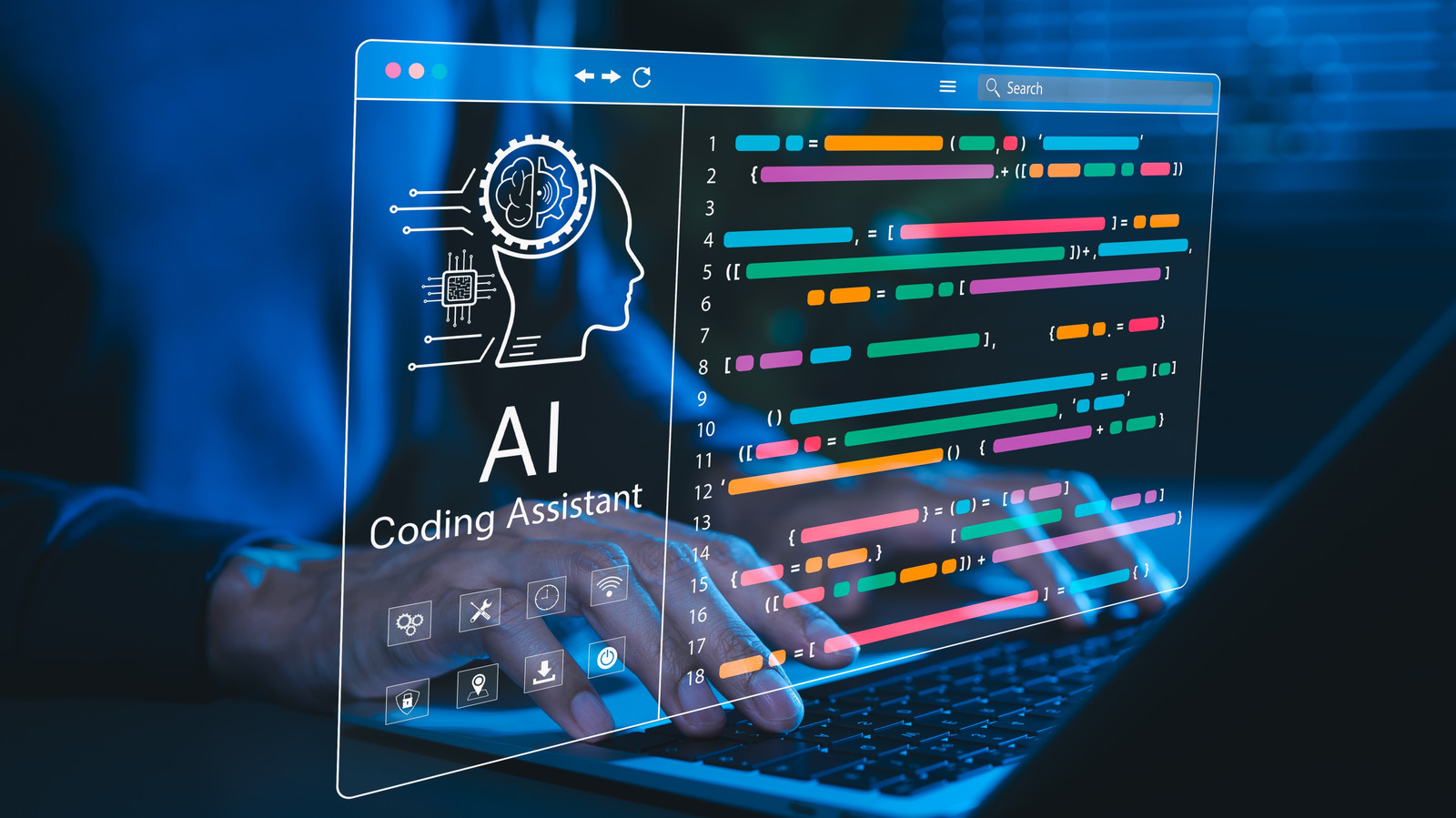Science
AI Coding Challenges Escalate as Efficiency Declines and Risks Rise

The optimism surrounding artificial intelligence (AI) as a transformative force in coding is fading, revealing significant challenges that businesses must confront. Prominent figures in the tech industry, including Dario Amodei, CEO of Anthropic, previously predicted a future where AI would dominate software development. In March, Amodei stated, “I think we will be there in three to six months, where AI is writing 90% of the code.” This confidence, echoed by Andy Jassy, CEO of Amazon, suggested a dramatic shift in labor dynamics, with potential job losses among programmers. However, recent findings indicate that these predictions may have been overly optimistic, as companies grapple with the realities of AI-generated coding.
The initial excitement surrounding AI’s potential to enhance productivity has been overshadowed by emerging data that highlights its limitations. A study conducted by METR (Model Evaluation and Threat Research) in July found that developers using AI coding tools experienced a 19% increase in task completion time compared to traditional methods. Furthermore, less than 44% of AI-generated code was accepted by developers, who often needed to invest additional time refining the code for functionality. This challenge is particularly pronounced in complex coding environments, where AI’s effectiveness diminishes significantly.
The phenomenon known as “hallucination,” where AI generates incorrect or nonsensical outputs, is not only affecting user experience but also leading to the creation of faulty code. Despite the evidence of decreased efficiency, some developers inaccurately perceived that AI sped up their work by around 20%. This disconnect underscores the pressing need for critical evaluation of AI’s role in software development.
As companies increasingly rely on AI, a troubling trend has emerged regarding security vulnerabilities in the code produced. A report released in September by the security firm Apiiro revealed alarming statistics: organizations that mandated AI for coding experienced a 322% increase in privilege escalation vulnerabilities over just six months. Such vulnerabilities allow unauthorized access to sensitive systems, posing significant risks to organizations’ cybersecurity.
In April, research from software company Orgvue found that among senior business leaders who opted to replace employees with AI, there was a striking 55% regret rate. This statistic reflects the disillusionment many are experiencing as the anticipated efficiencies do not materialize. The challenges of integrating AI into coding processes may result in more complications than advantages, raising questions about the long-term viability of such strategies.
The implications of these findings are considerable, especially given the growing reliance on AI across various sectors. A joint paper published in May by researchers from the University of San Francisco and other institutions reported that AI-generated code increased critical vulnerabilities by 37.6% after just five iterations. This trend suggests that the problems associated with AI in coding not only persist but may worsen with continued use.
Given the current landscape, the recommended solution from research teams is straightforward: implementing strict human oversight to verify AI-generated code before deployment. This requirement, while essential for mitigating risks, presents a conundrum. The need for oversight can negate the very efficiencies that AI is purported to deliver, creating a cycle of slowed development and heightened security threats.
As organizations continue to explore the integration of AI into their coding processes, the lessons learned thus far underscore the necessity for a cautious approach. The initial hype surrounding AI’s capabilities must be tempered with a realistic assessment of its limitations and risks, ensuring that companies do not overlook the importance of skilled human oversight in the software development cycle.
-

 Health3 months ago
Health3 months agoNeurologist Warns Excessive Use of Supplements Can Harm Brain
-

 Health3 months ago
Health3 months agoFiona Phillips’ Husband Shares Heartfelt Update on Her Alzheimer’s Journey
-

 Science2 months ago
Science2 months agoBrian Cox Addresses Claims of Alien Probe in 3I/ATLAS Discovery
-

 Science2 months ago
Science2 months agoNASA Investigates Unusual Comet 3I/ATLAS; New Findings Emerge
-

 Science1 month ago
Science1 month agoScientists Examine 3I/ATLAS: Alien Artifact or Cosmic Oddity?
-

 Entertainment5 months ago
Entertainment5 months agoKerry Katona Discusses Future Baby Plans and Brian McFadden’s Wedding
-

 Science1 month ago
Science1 month agoNASA Investigates Speedy Object 3I/ATLAS, Sparking Speculation
-

 Entertainment4 months ago
Entertainment4 months agoEmmerdale Faces Tension as Dylan and April’s Lives Hang in the Balance
-

 World3 months ago
World3 months agoCole Palmer’s Cryptic Message to Kobbie Mainoo Following Loan Talks
-

 Science1 month ago
Science1 month agoNASA Scientists Explore Origins of 3I/ATLAS, a Fast-Moving Visitor
-

 Entertainment2 months ago
Entertainment2 months agoLewis Cope Addresses Accusations of Dance Training Advantage
-

 Entertainment3 months ago
Entertainment3 months agoMajor Cast Changes at Coronation Street: Exits and Returns in 2025









